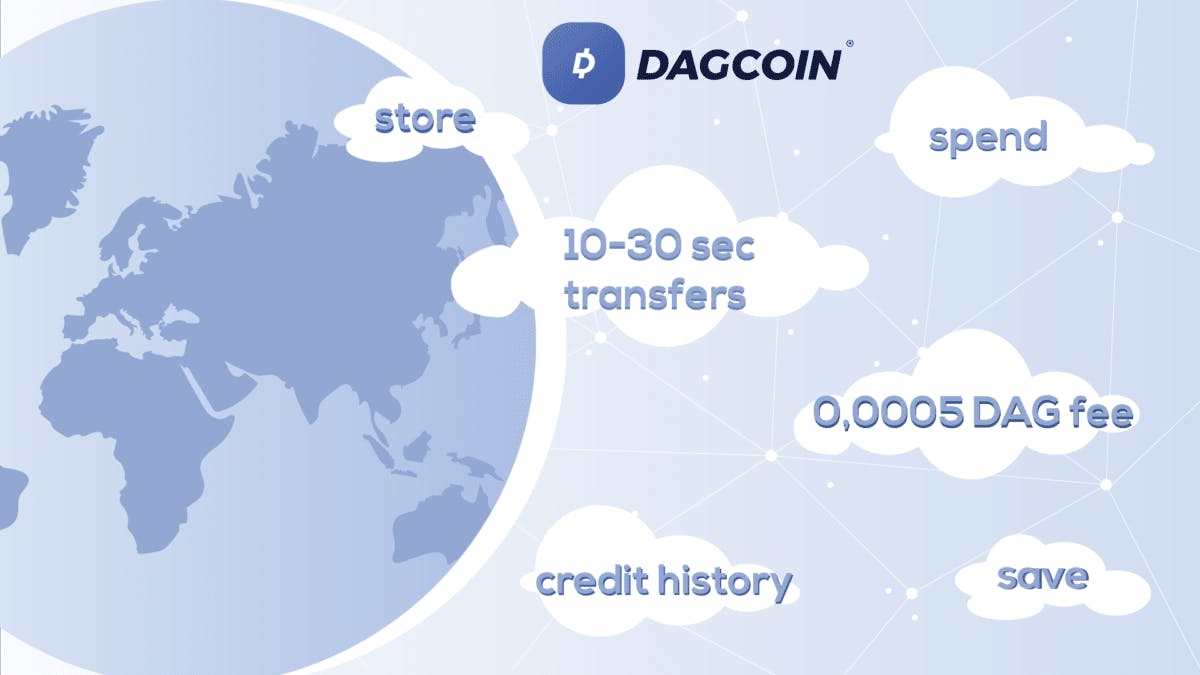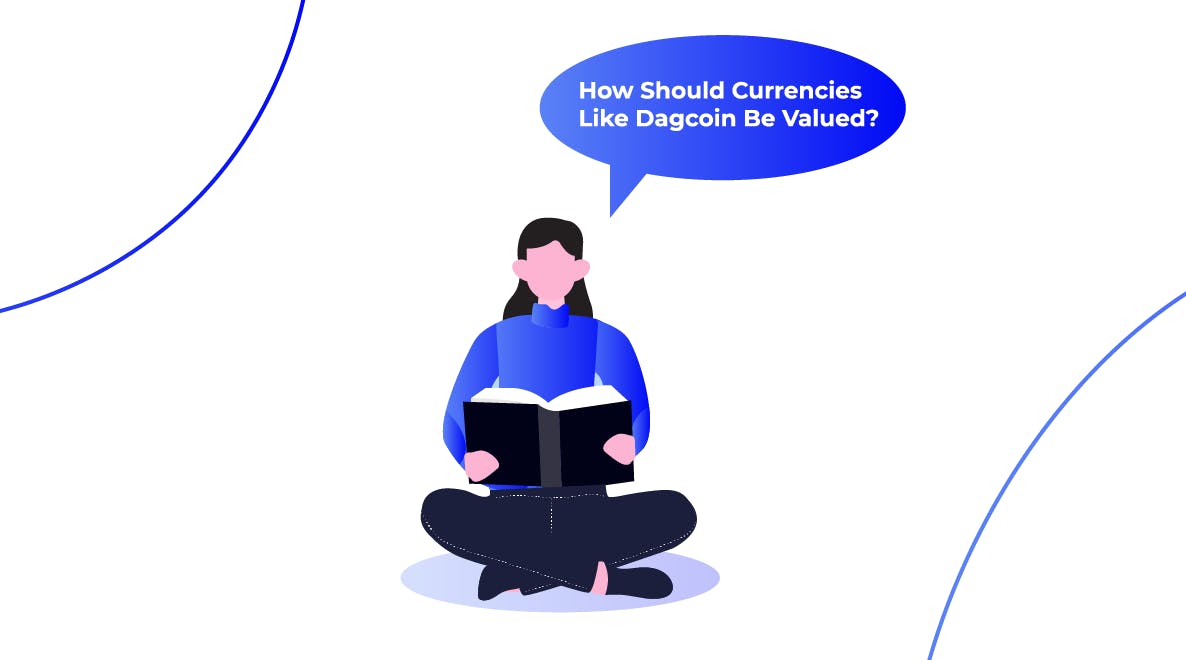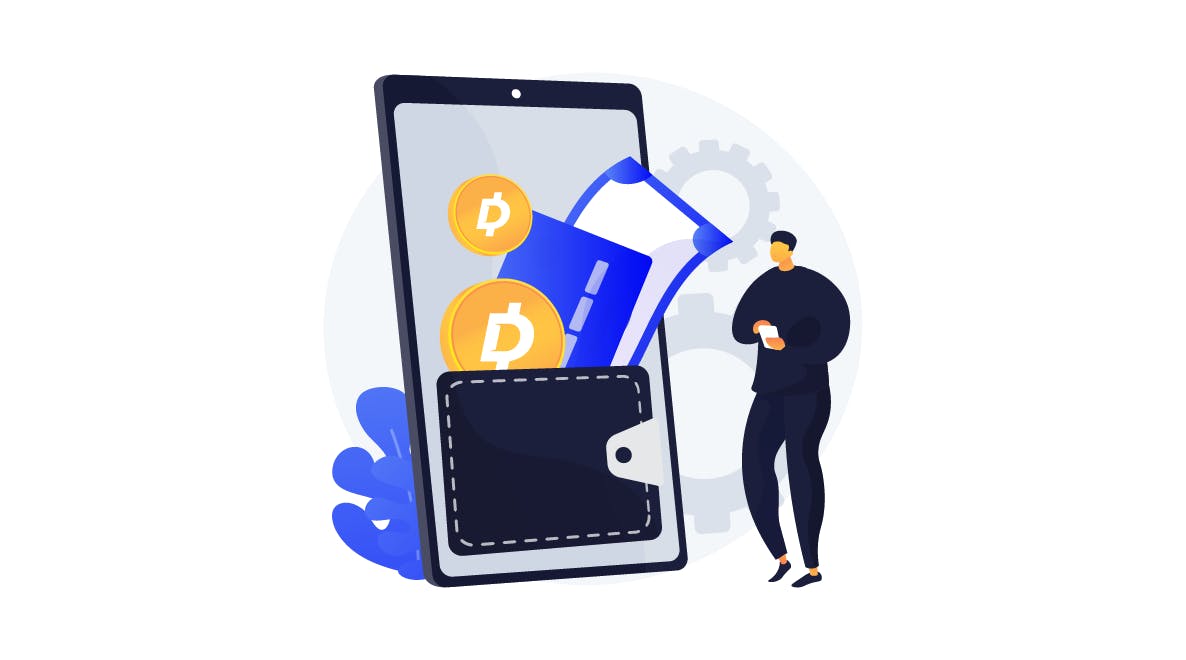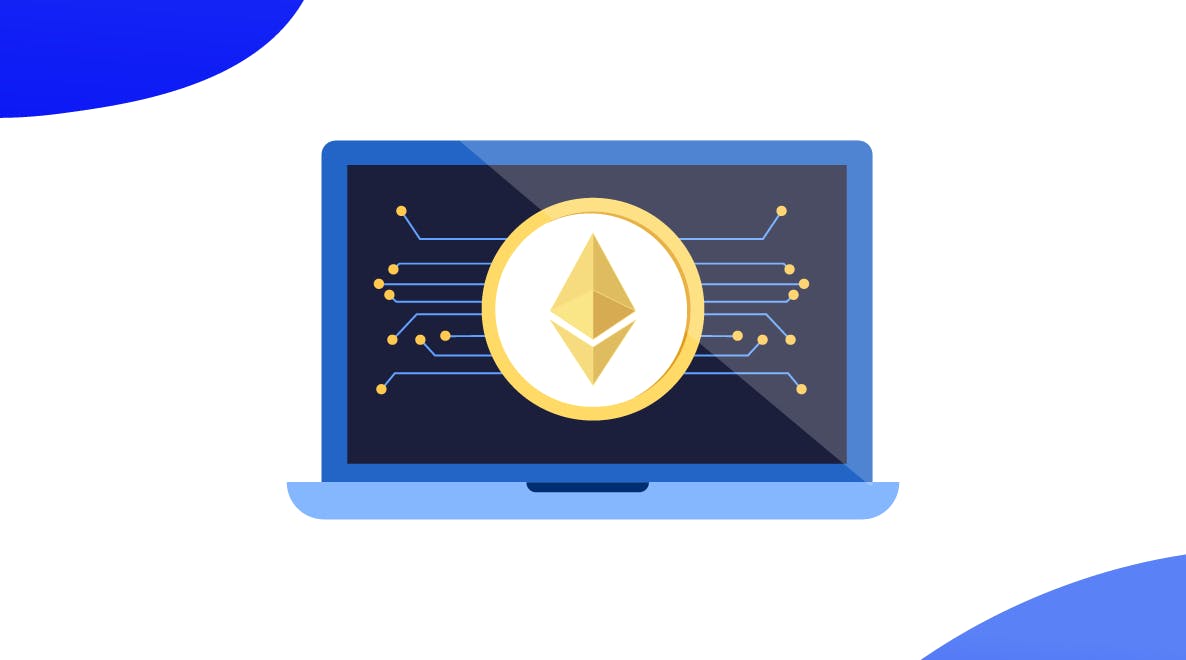Today, we live in an instant world. We all want and expect instant access to information, goods, and services – all regardless of the day of the week or time. And, it’s crazy to think how quickly we have become so dependent on this!
Just 10 years ago – before smartphones really took off – we were much more content to wait till we got home to read the news, call a friend or buy things online. But today - we will book a holiday on our break, catch up on all the social feeds over a coffee and answer all our messages.
However, this has its side effects. Whenever we deal with companies (and even individuals) we want an instant answer and solution, because we are so used to our technology providing that. If we message a company then we want an answer in minutes, not hours or days. Companies are adapting to this change well, but the banking system is still far too slow.

This is because at best transfers take minutes, but at worst they take days or weeks. Not just causing frustration when it comes to slow payments and deliveries times, but damaging sales and profit margins for companies. This is not just because of the slow timeframes, but also the respectively high costs of these transfers, around 5% per transaction.
Benefits when the Banking Infrastructure is Good
Some people will argue that in regions where the banking system is good, such as in SEPA (the Single Euro Payments Area), there is no real need for the speed and price improvements that cryptos offer in other parts of the world. To find out if this is correct we must first understand more about SEPA.
The goal of SEPA is to increase the efficiency and lower the costs of cross-border (international) payments within the European Union and the additional countries of the EEA (the European Economic Area) – 36 countries in total. It has done this through EU parliament regulations, which, for example, guarantee how long a payment can take. 10 years ago this was originally set at a maximum of 3 business days, with an aim of 1.
However, today, such payments are being made within 30 seconds or less. Some expect this to be the standard within just a few years. Speeds like this are significantly better than slow cryptocurrencies like Bitcoin (ca. 10-20 minutes) and even come close to matching the fastest, such as Dagcoin with ca. 10-30 seconds. Therefore, you can argue that if you are transferring within the SEPA region, cryptos do not offer any significant speed improvements.
However, what about costs? Globally, bank transfers cost on average anywhere between 1.5-5%, along with additional one off transfer fees that they may charge. Within SEPA it is not allowed for a bank to deduct sums for themselves from the amount of money that is transferred. This means that all they can charge is the transfer fee, and not only that, each bank must set a standard flat fee to any bank, in any country within the SEPA region - to create fairness. On average crypto transfers cost between 0.1% and 1%. These regulations pull these prices more in line with those offered by cryptos.
However, both of these improvements although great, are not perfect. Many transfers will still take one business day and the transfer fees vary wildly as they are set by the banks themselves. For these reasons a crypto with a guaranteed fast delivery of ca. 30 seconds or less with a fixed cost of 1% or less will still be more reliable and cost efficient. And this is compared to what many would argue is the best and most efficient banking system used by a large number of countries.
But what about in countries and regions where the banking infrastructure is not good?
Benefits when the Banking Infrastructure is Bad
We spoke earlier how banks normally charge between 1.5% and 5% to transfer money, but in Africa this is commonly around 10%. This means that out of the $40 billion that was sent to people in Sub-Saharan Africa by family and friends working abroad in 2018, more than $4 billion was taken by the banks in fees, whereas in Europe or North America the amount taken would have be more than half this - at worst.
This doesn’t just take money away from those sending money to friends and family back home, but those making transfers within these countries. The saddest part of this is that the poorest people in the world are paying the highest fees, and that is just wrong. Even if banks argue that because of the low sums held in these accounts, higher fees enable them to make profit from account holders.
For people in these countries cryptos offer the chance to reduce these fees from 10% to just 1% - changing lives dramatically. Receiving $99 instead of $90 from a $100 transfer could be the equivalent of a week’s salary.

Benefits of Dagcoin
For those in areas with a good banking infrastructure, such as SEPA. Dagcoin offers transfers that are reliably quicker (10-30 seconds) than SEPA payments at their best (30 seconds), and with a small fee of 0.0005 DAG, they are also much cheaper than the banks.
However, for those in areas with a bad banking infrastructure, the benefits are huge. Imagine going from paying 10% in fees and waiting many days for a transfer to receiving this instantly and in full, without fees or deductions.
And, the benefits don’t stop there. Those who have a bank account in these poor regions such as Africa are the lucky ones. This is because over 2.5 billion people worldwide do not have a bank account as they are seen as being too poor and unprofitable by the banks. Dagcoin gives them a chance to store, save and spend their money safely, and, best of all, begin to create a credit history.
Conclusion
We all want and expect instant bank transfers. And not just that, we expect them to be cheap. The European Union has worked hard to create the SEPA region and despite their efforts for more than a decade to reduce transfer times and costs, these are still not uniform across the region. For this reason, fast and cheap cryptos still offer a consistently faster and cheaper solution.
However, in the poorest regions of the world cryptos offer incredible opportunities. Not only do the poorest 2.5 billion people in the world not have access to a bank account, those who do in these regions are often paying fees of 10% or more on transfers. And that is not right!
Dagcoin offers a simple and cheap solution for all. Transactions that take just 10-30 seconds at anytime, anywhere in the world and for a small fee of just 0.0005 DAG. This doesn’t just offer people a way to store their money safely and buy goods, but to create a credit history.
Join a growing community of nearly 300,000 people using Dagcoin.






